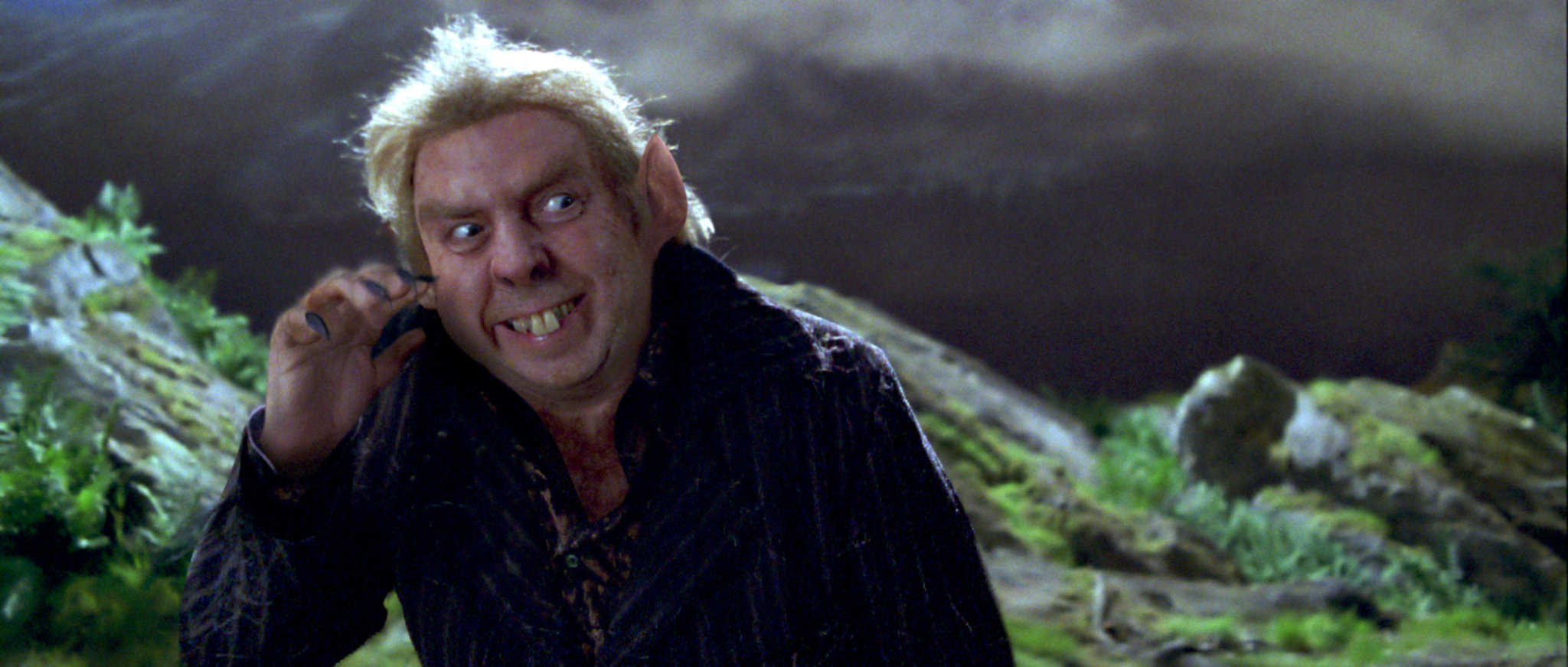
Title: Wings of a Flying Tiger
Author: Iris Yang (Qing Yang)
Publisher: Open Books
Publication Date: 06 September 2018
Even though it's fiction, this book is brutal. Many first-time authors tend to mollycoddle their characters; although it's clear she loves her characters dearly, Iris Yang is not one of those authors. It's rare to find a writer who intersperses moments of loving tenderness and peaceful village life with horrific scenes of bloody warfare, mass execution, and rape, and does it in a way that makes narrative sense and feels believable. But somehow, Iris Yang makes the whole story come together in a tapestry of war, heroism, violence, love, life, and death.
Very early on, it becomes clear that this story will be less about narrow escapes and more about how humans carry on even after the worst has happened. Plans go wrong, hopes are dashed, and minor characters die by the truckload. But through it all, there is a spirit of perseverance, a sense of the importance of holding onto life and hope despite overwhelming odds, if only to make oneself that much harder for the enemy to kill. This nameless characteristic seems uniquely Chinese to me; it's probably what allowed them to survive the war and the Japanese occupation, and all that came after it.
The very first character we meet is Danny Hardy, a fighter pilot of the First American Volunteer Group (AVG) of the Chinese Air Force (nicknamed "the Flying Tigers"), but we don't really get to know him until Act 2. The story mainly follows Jasmine Bai, the educated daughter of two professors at Nanking University, on the eve of the infamous Rape of Nanking by Japanese soldiers. From the moment Jasmine gets off the train, it's clear that China's wartime capitol is in desperate shape: her car is immediately swamped with refugees going the other way, and Jasmine has to crawl through a window to get out. From that moment on, everything that can go wrong, does. Japanese soldiers sack the city, using Chinese POWs for bayonet practice and brutally raping every young Chinese woman or girl they can lay their hands on. The city is a bloodbath, and only through a combination of luck and brave protectors does Jasmine make it out alive. She and her teenage cousin Daisy Bai are sent to a tiny mountain village in southwestern Yunnan Province for their own protection, and it is there that the two young women save the life of the aforementioned pilot Danny Hardy. Their decision to heal his wounds and hide him from Japanese soldiers will have terrible consequences for the young women, and for the villagers who harbor them.
If you're looking for an interesting perspective on an aspect of World War II and Chinese-American relations that is rarely discussed in this era of rising tensions between the two superpowers, then Wings of a Flying Tiger will take you on a wrenching-but-powerful emotional journey. I can't wait to read the sequel!




